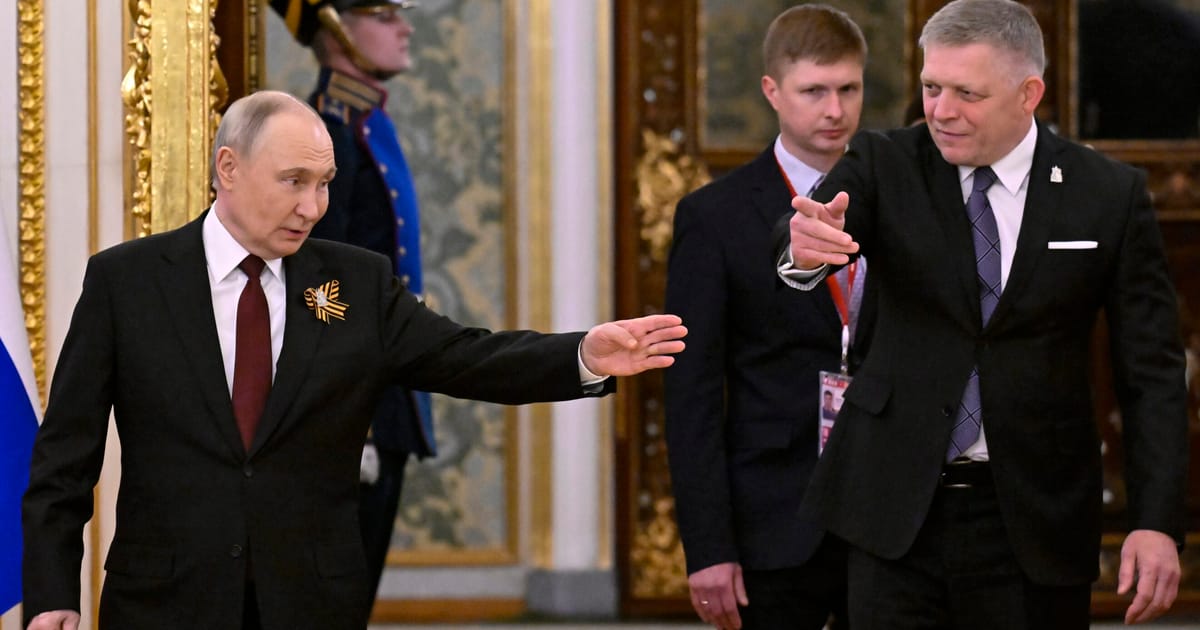

In recent days, several significant developments have unfolded across various sectors, reflecting dynamic shifts in international diplomacy, retail performance, and public policy. These changes resonate on multiple fronts, from European Union measures targeting economic resilience to cultural trends bolstering retail success, and local political agendas influencing infrastructural reform.
Starting with policy measures within the European Union, a new sanctions package against Russia has been finalized. This decision followed Slovakia’s lifting of a veto, paving the way for the EU to reinforce its stance against Russia. The revisions to the oil price cap are designed to exert additional economic pressure, demonstrating a unified effort to maintain geopolitical stability amidst ongoing tensions. This diplomatic approach aims to weaken the financial lifeline sustaining Russia’s continuous military engagement in Ukraine. The expectation is that these strategic sanctions will gradually cripple the financial aspects of Russia’s war machine, emphasizing a peaceful resolution through economic means rather than escalation.
Meanwhile, in the vibrant world of fashion retail, Burberry has enjoyed a resurgence in sales, thanks to unexpected yet delightful support from festivalgoers. Despite overall global economic uncertainties, the luxury brand has experienced its most successful quarter in eighteen months. Items such as wellies, scarves, and light jackets have proven popular among music enthusiasts attending various festivals. This surge in consumer activity reflects a broader cultural phenomenon where fashion intersects with lifestyle, driving a temporary yet positive economic outcome for the brand. The alignment of fashion with lifestyle events not only showcases consumer adaptability but also highlights Burberry’s effective market positioning within a challenging retail environment.
In Portugal, the prospect of toll-free highways has sparked conversation as a political candidate in Gaia proposes the removal of tolls on key highways: A29, A32, and A41. This initiative is part of a broader strategy to reevaluate and rehabilitate secondary road networks across the region, spanning 1,500 kilometers. By advocating for toll-free travel, the candidate underscores a commitment to improving infrastructure accessibility while nurturing territorial value. This proposal aims to ease transportation, reduce costs for commuters, and potentially stimulate local economic development.
Moreover, businesses and individuals in Portugal have been granted an extension for filing the monthly VAT declaration. Originally due earlier in July, the deadline has been extended to July 22nd, offering additional time to ensure compliance. However, this extension does not apply to the actual payment of the tax, which remains subject to existing legal deadlines. This administrative adjustment reflects a pragmatic approach, balancing regulatory requirements with the practical realities faced by taxpayers.
Additionally, political discourse in Portugal remains active as discussions on immigration law progress. Chega’s leader has appealed to the President to avoid hindering proposed legislative changes aimed at strengthening immigration controls and national security. This dialogue underscores the nuanced balance between legislative wants and the existing political framework, highlighting the complexities of governance and public sentiment.
These highlights from Europe encapsulate a period of transformation driven by diverse forces across politics, retail, and infrastructure. From strategic economic sanctions aimed at fostering peace to embracing cultural trends within the fashion industry, and proposals designed to enhance public transportation, the intertwined nature of these events illustrates a world characterized by thoughtful adaptation and forward momentum. As these stories continue to develop, the overarching theme remains one of cautious optimism anchored in strategic, mindful progress.
Source: {link}
